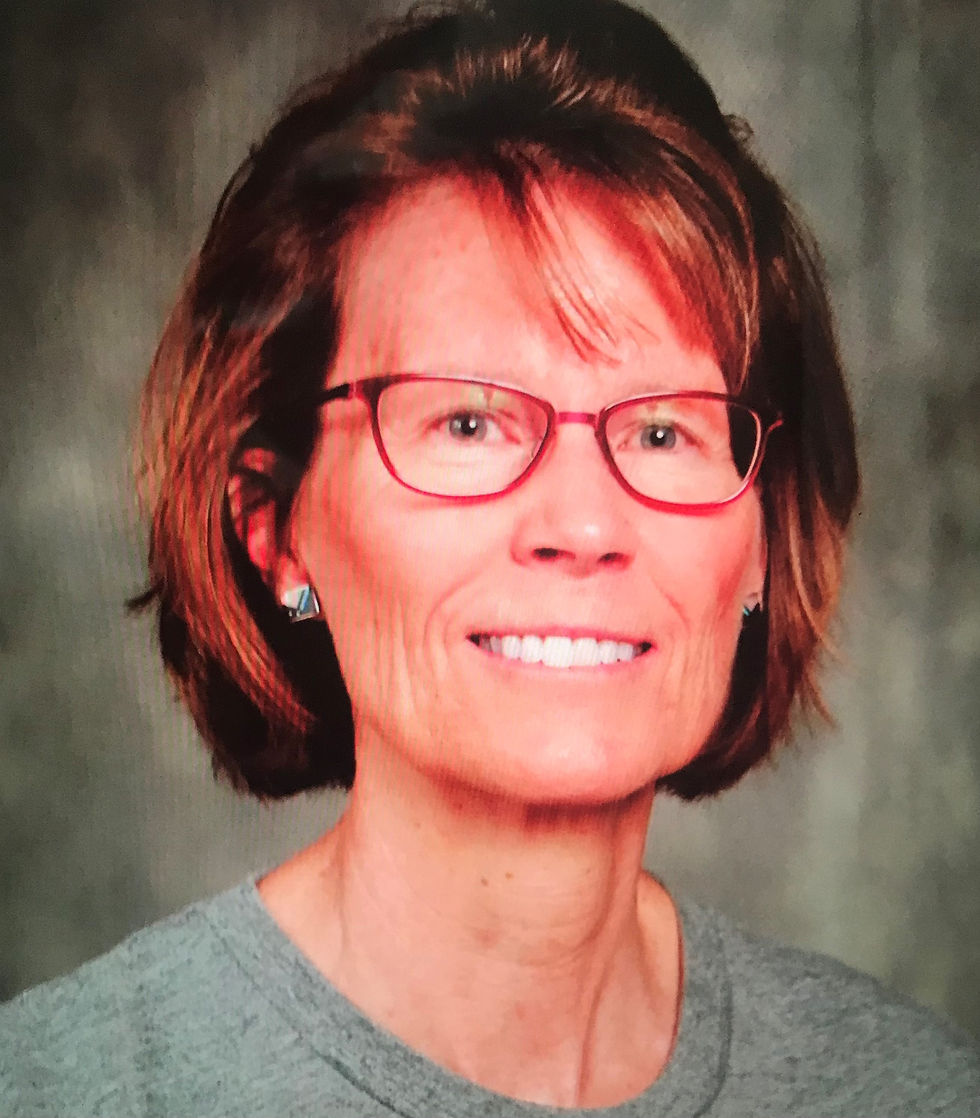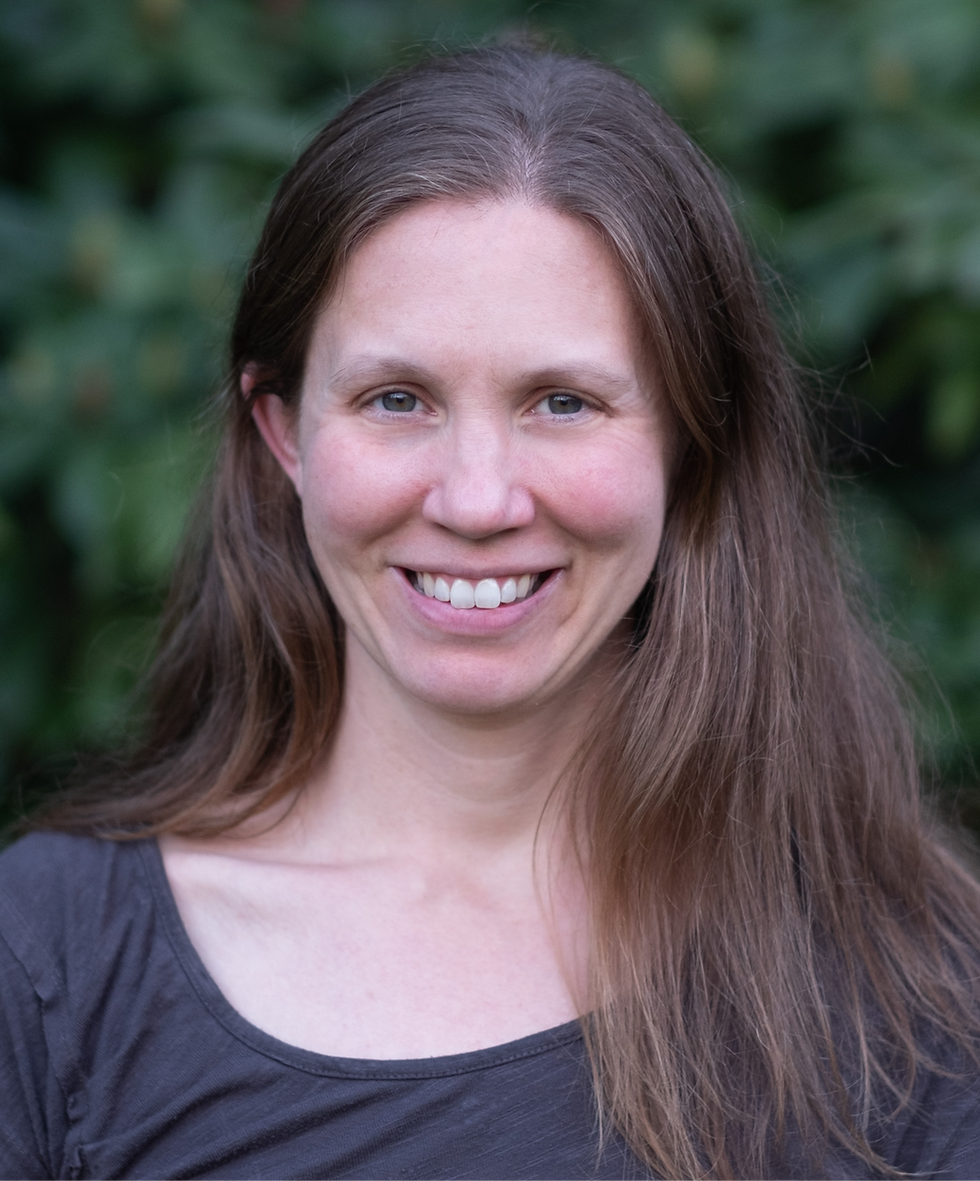Six Questions with Stephanie Wildman
- Mary Boone

- Mar 7, 2023
- 3 min read

Stephanie Wildman, author of Treasure Hunt (2022) (illustrated by Estefania Razo) and Brave in the Water (2021) (illustrated by Jenni Feidler-Aguilar) became a Professor Emerita after serving as the John A. and Elizabeth H. Sutro Chair at Santa Clara Law. She is a grandmother, mother, spouse, friend, good listener, and she can sit “criss-cross apple sauce” thanks to her yoga practice. Visit Stephanie's website to learn more about her and her books.
1. How did you begin your journey as an author?
I’ve wanted to be a writer since 4th grade when I created a pen name for myself. In high school, I was a journalist and school paper editor, continuing my love of writing. Fast forward to my life as a legal educator, during which I wrote dozens of law review articles, journalistic pieces, and several books.
In a sense, all of this writing and publishing prepared me to step toward the path of writing for children. I started by taking a class from Maxine Rose Schur, a wonderful teacher, mentor, and now friend. I joined SCBWI and two critique groups, along with the 12 x12 Picture Book challenge and the Writers Grotto. Surrounding myself with writers who are storytellers helped me see myself as one.
2. If you could be any character in a book, who would you be? Why?
I love this question because, when I was much younger, I definitely wanted to be Beezus or Ramona or part of All-of-a-Kind family. Books took me places I couldn’t go, and I wanted escape. But even more than wishing to be a character, I wanted to be the writer of those books. I’m glad for the question making me reflect on those times because, happily, as I’ve gotten older, I’m content being myself. I don’t really wish for a different life. But a few trips to Paris, Rome, or Greece would be nice.
3. What one piece of advice would you like to give to aspiring kidlit authors?
We don’t talk enough about rejection and how important it is not to get buried by it. My advantage, from all my years of legal writing, was that I had experience with rejection, as well as with acceptance. Of course, I prefer acceptance. But my first law review article was rejected in over 50 journals before being accepted by the Oregon Law Review – a wonderful placement. So I learned early on that rejection really is a pass from that particular place, not a condemnation of the whole project. I see many young writers who hesitate to send out their work, fearing the rejection. I say talk to me when you’ve had 50 passes.
So do read, read, read; revise, revise, revise; get critiques; revise some more; but when you know it’s ready – send it out into the world and detach from the result.
4. Where did you get the idea for your most recent book? What was your inspiration?

Treasure Hunt started as a submission for an eco-conscious writing contest. I crafted a story about using items that people would usually discard. We waste so much that might be repurposed and re-used. That story didn’t win (see, rejection, leading to . . .). But the idea stayed with me.
Then, during the pandemic, I was planning activities for my grandchildren, from decorating oversized boxes, to making puppets out of toilet paper rolls, to having treasure hunts. And those activities came together with that original story to become this book.
5. What’s a particularly striking or memorable reaction someone has had to this book?
My grandchildren now play Jinx, endlessly, just like the characters in the book, so they adopted the behavior they read about. They hadn’t heard of the game until reading an early version of Treasure Hunt.
And because Lawley Publishing is coming out with a Spanish language version –Búsqueda del Tesoro – I had some interesting conversations with Cecilia Pópulus-Eudave, the translator, about what word to use to translate Jinx into Spanish. Different Spanish-speaking countries all use different words for the game. We consulted with the illustrator Estefanía Razo and we settled on ¡Congelados!
6. Where do you get inspiration for your characters? Are you influenced by people you know?
As I was explaining, Treasure Hunt came out of activities I did with my grandchildren, but I don’t know any young twins, so people I know did not influence those characters. But my first book, Brave in the Water, was very much influenced by my life around swimming pools, my own fear of the water that I had to overcome, and many young people I know who fear putting their face in the water.
If you're a traditionally published picture book or middle-grade book creator and you're interested in being featured on the Six Questions blog, email mary@boonewrites.com.




Love the points about rejection!